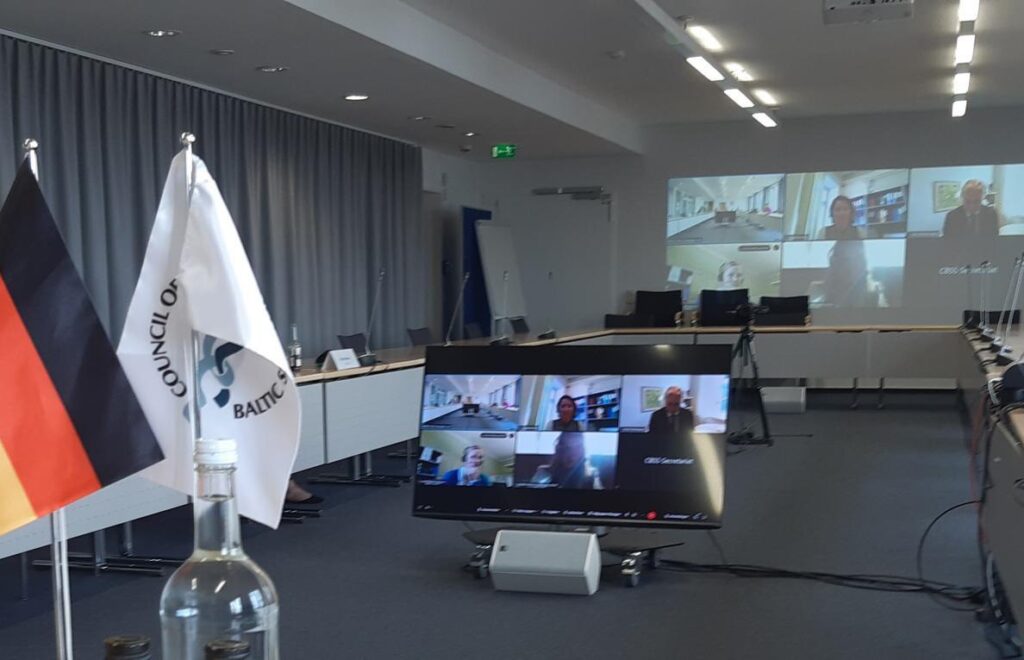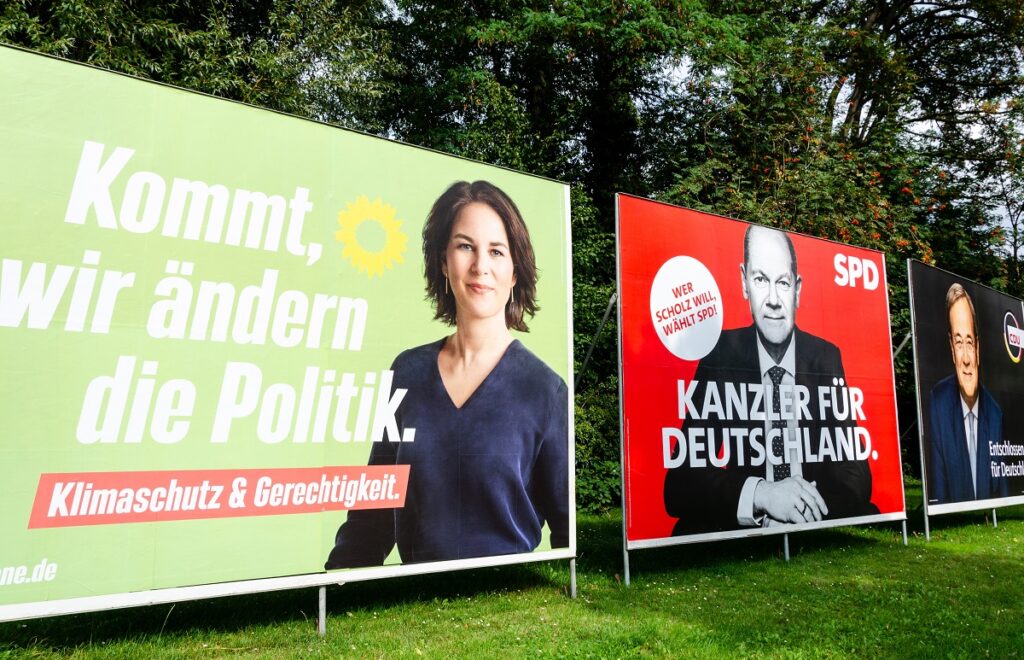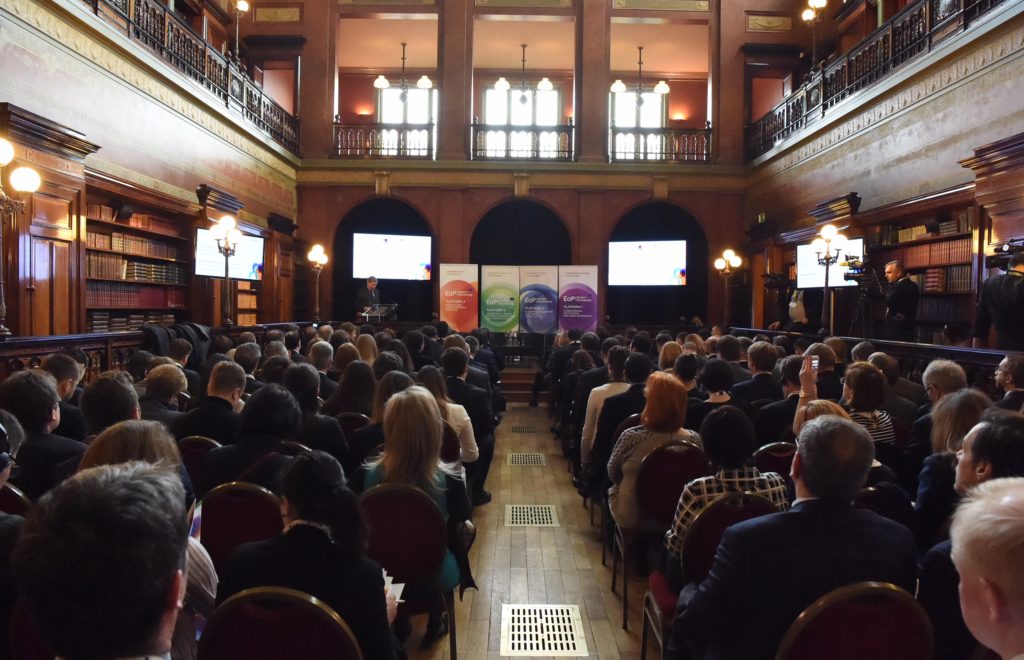Strategies for the German Baltic Sea Council presidency during the Zeitenwende
On July 1st, Germany took over the presidency of the Council of the Baltic Sea States (CBSS). Cooperation among the states bordering the Baltic Sea has become more important in view of Russia’s war of aggression against Ukraine. Currently the CBSS has ten member states plus the European Commission. In March 2022, Russia’s membership, as well as the observer status of Belarus was suspended by the other member states from CBSS activities while in May it decided to withdraw from the council. Ukraine has an observer mandate with increasing strategic importance in the CBSS.
December 7, 2022 - Iris Kempe






































